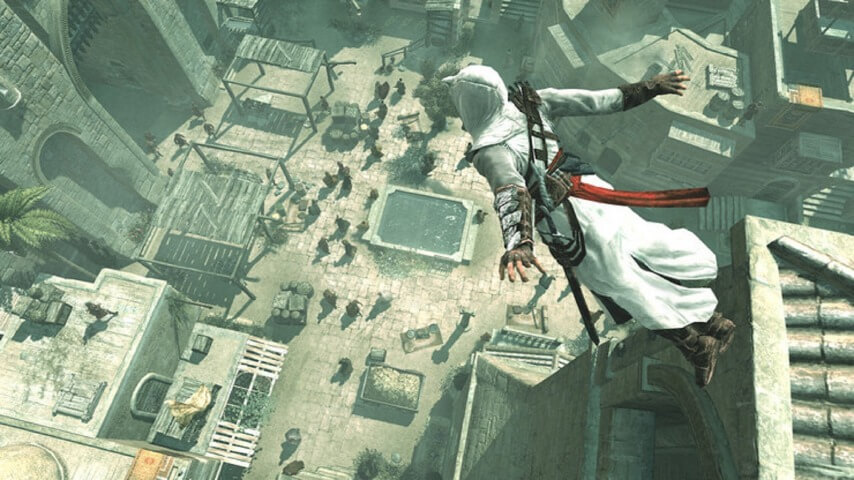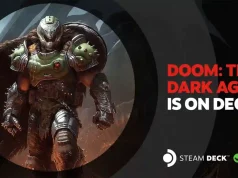Ubisoft canceled a planned Assassin’s Creed game set during the Reconstruction era in the American South, reportedly due to fears that its themes—focusing on a Black protagonist battling the Ku Klux Klan—would be considered too political and controversial in the current United States climate. Developers were enthusiastic about telling a meaningful story, but management handed down a verdict in July 2024 to shelve the project, citing concerns about political instability and the potential for backlash.
Ubisoft’s Political Dilemma
Assassin’s Creed games have always engaged directly with historical and political narratives, often exploring topics like slavery, revolution, and racial violence. This canceled title was praised internally for its potential to create social impact, with plans to depict the experiences of a formerly enslaved Black man navigating citizenship rights and fighting white supremacist groups during a turbulent period of American history. Despite initial approval, the sensitive nature of the subject matter—particularly the depiction of the KKK and the political manipulation of racial tensions—led Ubisoft to withdraw support, concluding the game would be “too political in a country too unstable”.
Industry and Community Reactions
Around the same time, Ubisoft faced controversy over the reveal of Yasuke, a Black samurai, as a protagonist in Assassin’s Creed Shadows. This fueled further hesitancy to risk public and gamer backlash with another politically charged story. The decision to pull the Reconstruction-era project sparked debate among developers and fans, with some lamenting a missed opportunity for meaningful storytelling and arguing that the company is avoiding narrative risks that matter.
Franchise Direction
With North America off the table, the next Assassin’s Creed game—codenamed Hexe—will focus on the witch trials of the 16th century Holy Roman Empire, offering a dark, supernatural twist set far away from the contentious politics of modern America. While Ubisoft has not officially commented on the report, this move represents a clear shift towards safer historical settings for the franchise’s future.
Ubisoft’s cancellation reveals ongoing tensions over storytelling in video games, especially when grappling with divisive historical subjects and real-world political climates—a challenge that remains at the heart of the Assassin’s Creed series










